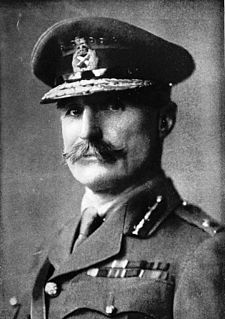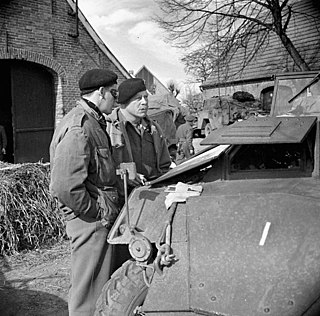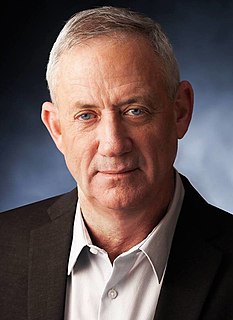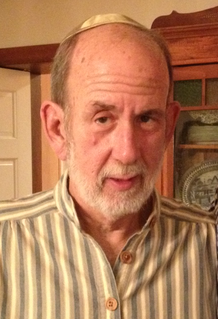A Quote by Aylmer Hunter-Weston
Casualties? What do I care about casualties?
Quote Topics
Related Quotes
"Peace" is a condition in which no civilian pays any attention to military casualties which do not achieve page-one, lead-story prominence-unless that civilian is a close relative of one of the casualties. But, if there ever was a time in history when "peace" meant that there was no fighting going on, I have been unable to find out about it.
I guess what surprised me the most was the discrepancy in casualties: Iraq, one hundred fifty thousand casualties, USA: seventy-nine! Let's go over those numbers again, they're a little baffling at first: Iraq: 150,000, USA: 79. Does that mean we could have won with only 80 guys there? Just one guy in a ticker-tape parade, "I did it! Hey!"
I took the position of organizing 126 Democrats who voted against the Iraq war resolution. And I happen to think it was the right position. Today we're faced with over 500 casualties, a cost of over $200 billion, and it could rise the casualties could go into the thousands and the costs could go over a half trillion if we stay there for years, as a number of people on this stage intend to see happen.
The misunderstandings - or, what really bothers me are the intentional misrepresentations of the facts, which take place on a fairly regular basis. To think that we, people who are involved in counterterrorism, do not care about civilian casualties or deaths or injuries, is just totally, totally wrong.

































